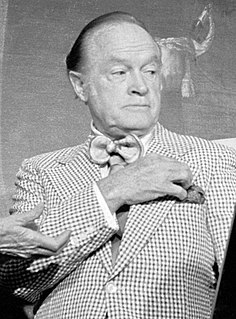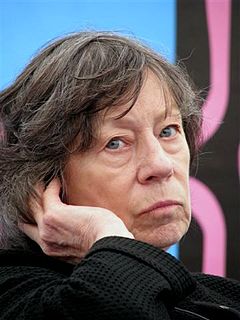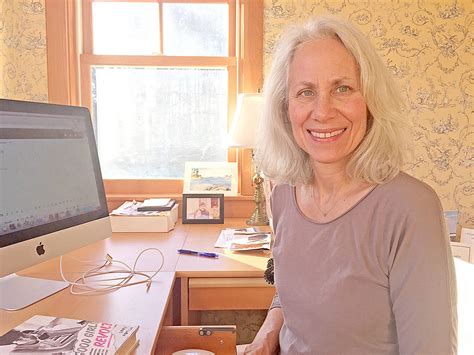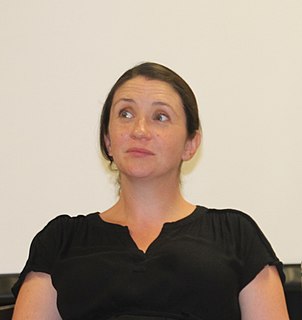A Quote by Andrea Dworkin
Could women's liberation ever be a revolutionary movement, not rhetorically but on the ground?
Quote Topics
Related Quotes
Whether we regard the Women's Liberation movement as a serious threat, a passing convulsion, or a fashionable idiocy, it is a movement that mounts an attack on practically everything that women value today and introduces the language and sentiments of political confrontation into the area of personal relationships.
One absolutely crucial change is that feminist film theory is today an academic subject to be studied and taught. "Visual Pleasure and Narrative Cinema" was a political intervention, primarily influenced by the Women's Liberation Movement and, in my specific case, a Women's Liberation study group, in which we read Freud and realised the usefulness of psychoanalytic theory for a feminist project.
In less than a century we experienced great movement. The youth movement! The labor movement! The civil rights movement! The peace movement! The solidarity movement! The women's movement! The disability movement! The disarmament movement! The gay rights movement! The environmental movement! Movement! Transformation! Is there any reason to believe we are done?
I am a men's liberationist (or "masculist") when men's liberation is defined as equal opportunity and equal responsibility for both sexes. I am a feminist when feminism favors equal opportunities and responsibilities for both sexes. I oppose both movements when either says our sex is THE oppressed sex, therefore, "we deserve rights." That's not gender liberation but gender entitlement. Ultimately, I am in favor of neither a women's movement nor a men's movement but a gender transition movement.
Women must see that there can be no liberation for them and no solution to the ecological crisis within a society whose fundamental model of relationships continues to be one of domination. They must unite the demands of the women's movement with those of the ecological movement to envision a radical reshaping of the basic socioeconomic relations and the underlying values of this [modern industrial] society.
But it's also the beginning of another level of liberation for her]Eleanor Roosevelt], because when she returns to New York, she gets very involved in a new level of politics. She meets Esther Lape and Elizabeth Read, and becomes very involved in the women's movement, and then in the peace movement. And ironically, the years of her greatest despair become also the years of her great liberation.




































